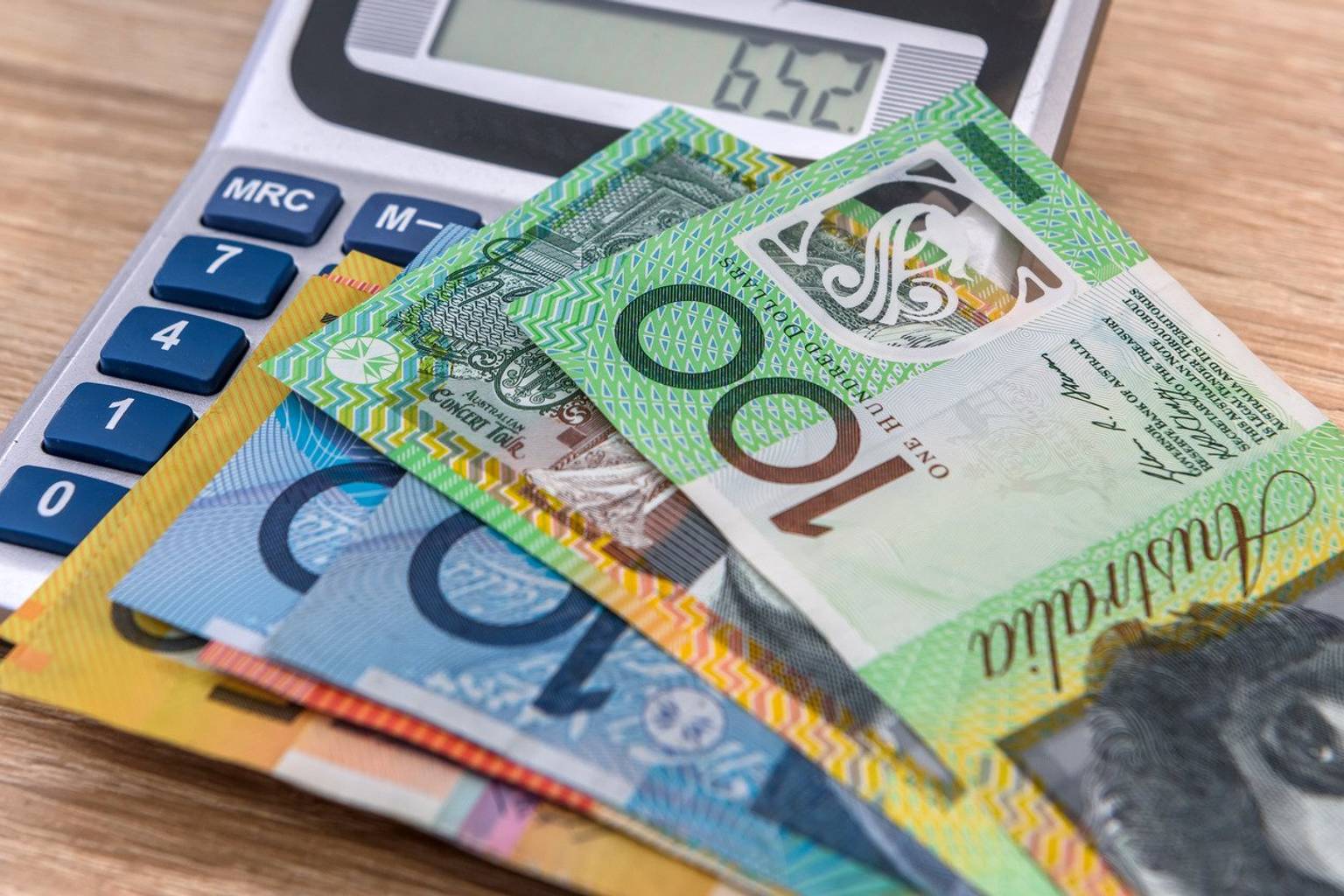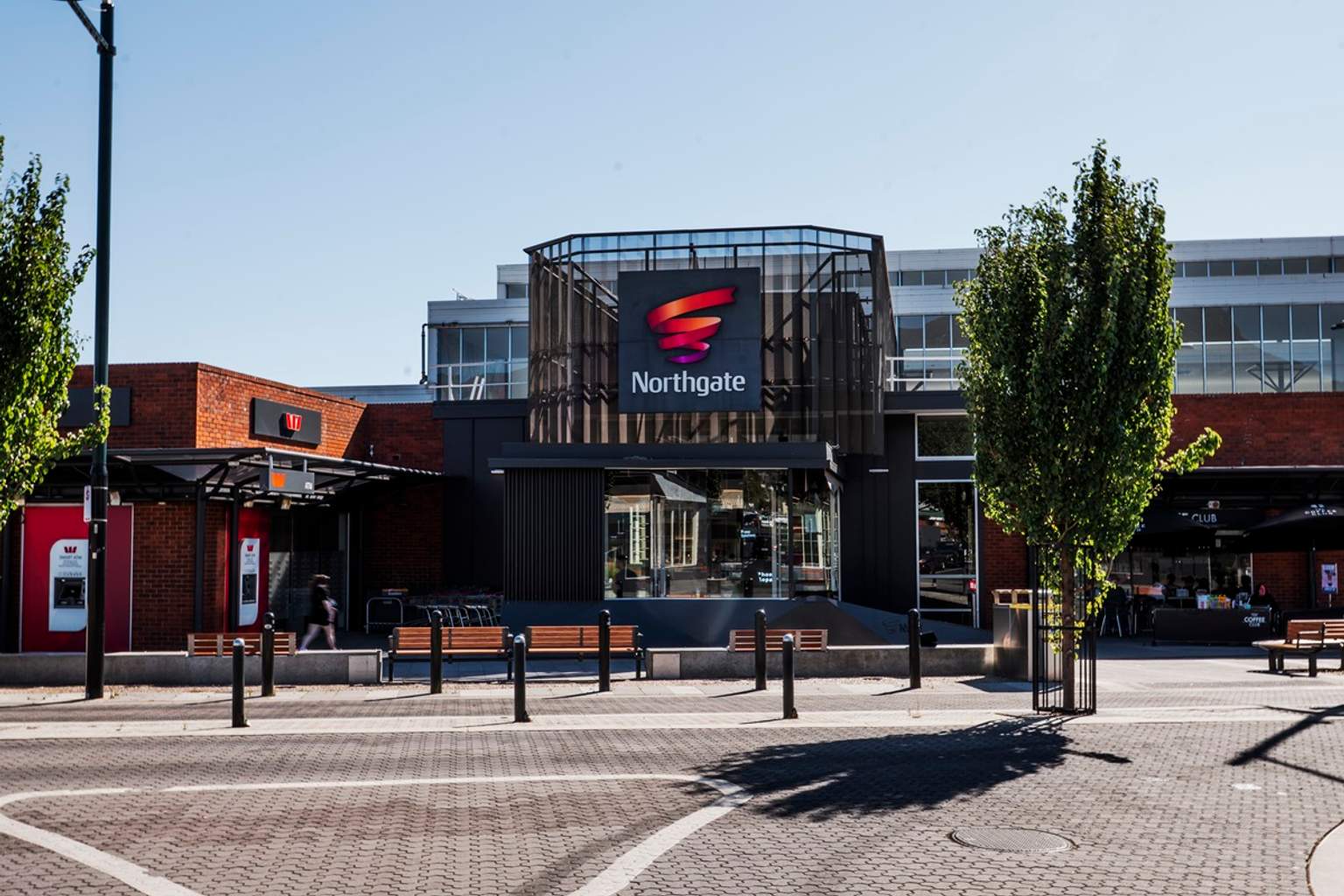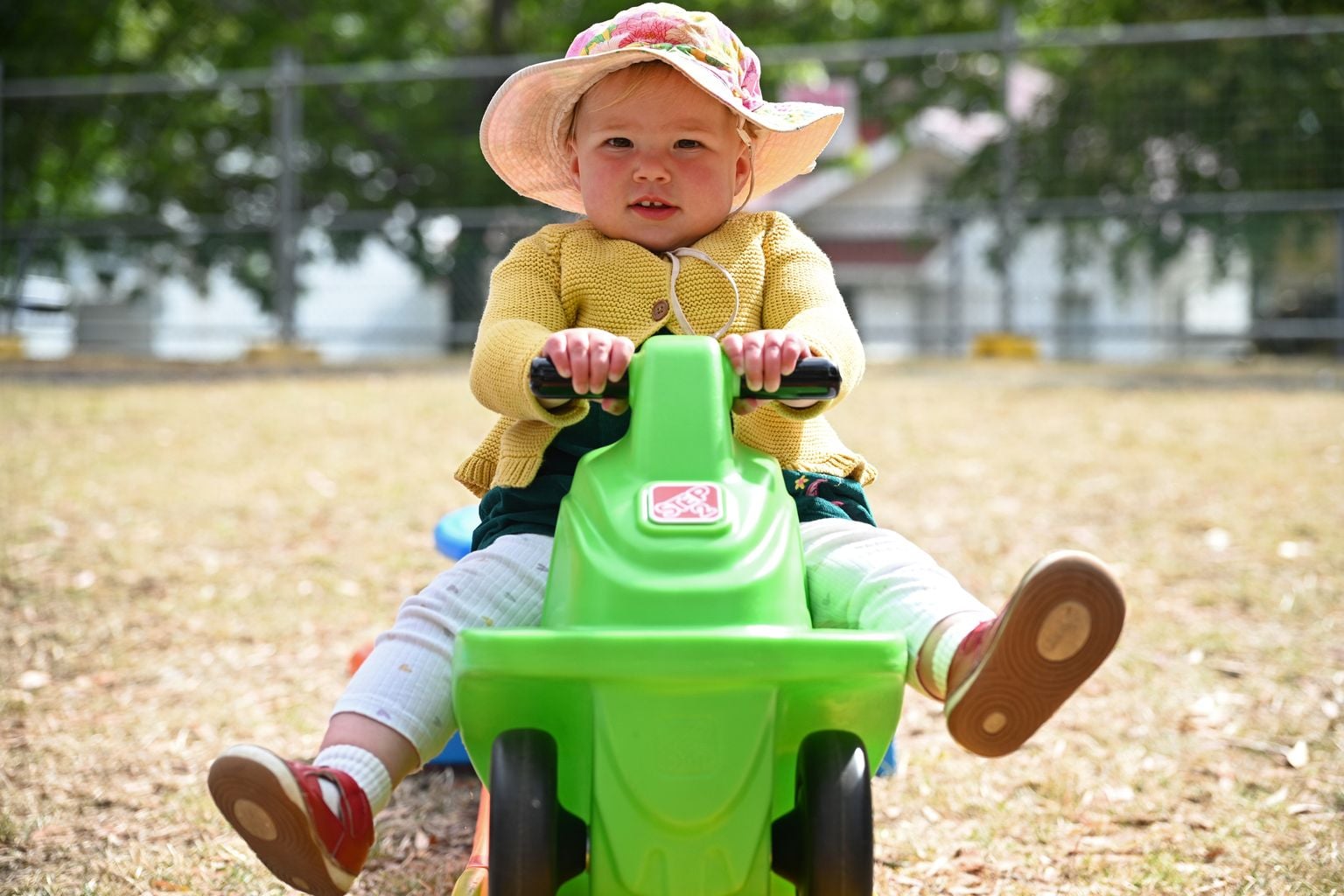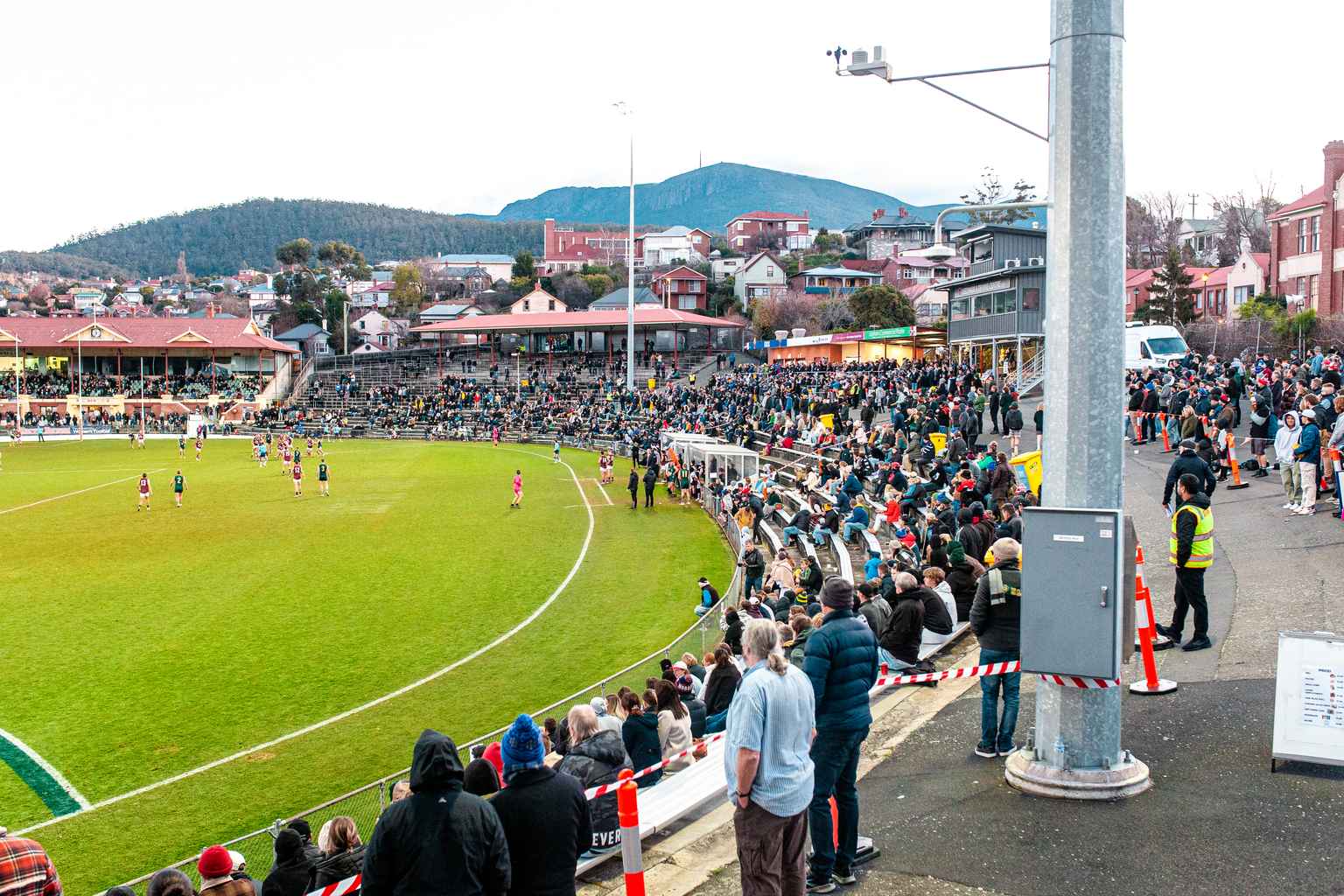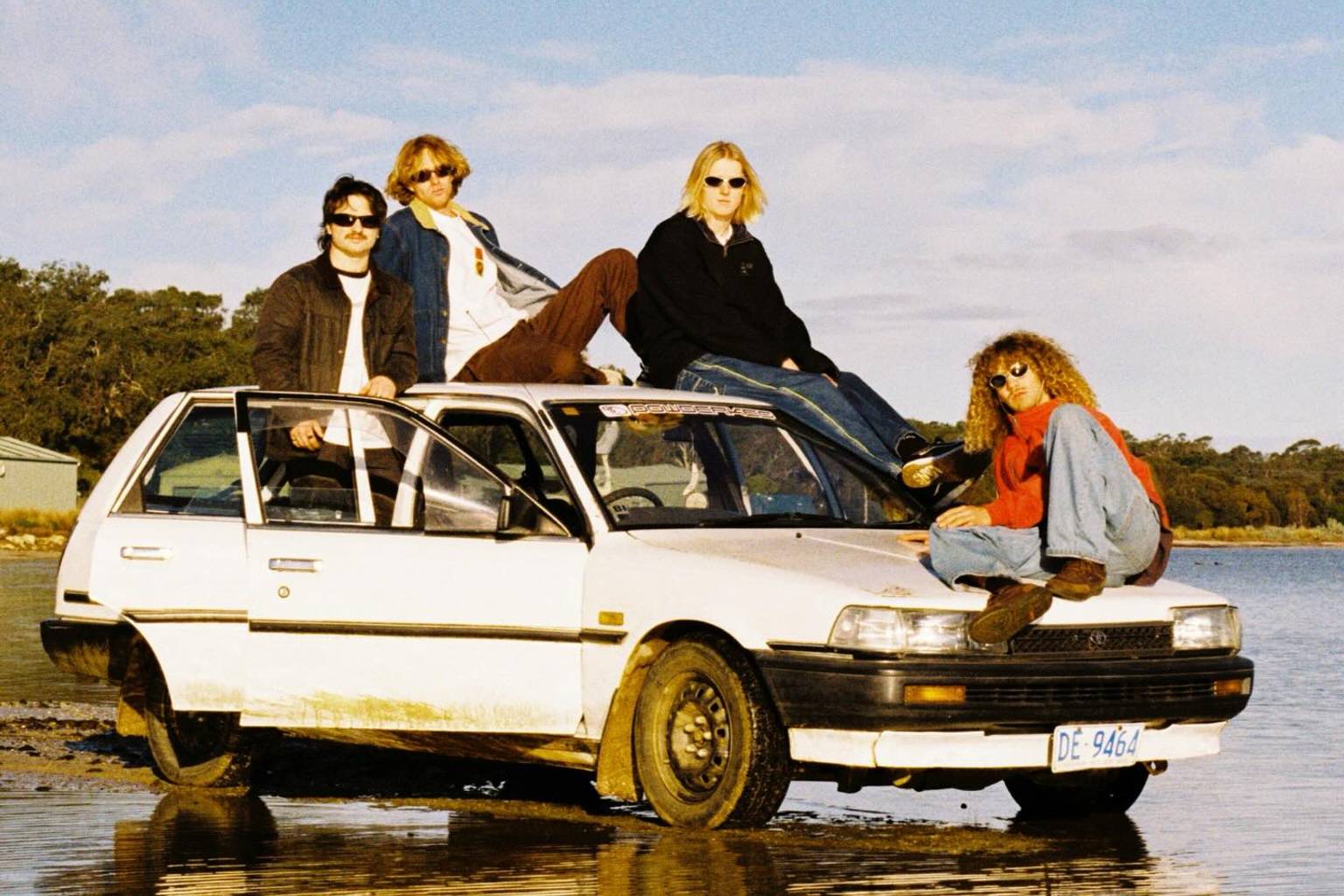Hundreds gathered at the Incat shipyard in Hobart today to witness the launch of Hull 096, the world’s largest battery-electric ship.
The 130-metre vessel, built for South American ferry operator Buquebus, will carry up to 2,100 passengers and 225 vehicles between Buenos Aires and Uruguay.
“This is a historic day not just for Incat, but for the future of maritime transport,” Incat Chairman Robert Clifford said.
“We’ve been building world-leading vessels here in Tasmania for more than four decades and Hull 096 is the most ambitious, most complex and most important project we’ve ever delivered.”

“This ship changes the game.”
The vessel is equipped with over 250 tonnes of batteries and an energy storage system boasting more than 40 megawatt-hours of installed capacity, four times larger than any previous maritime installation globally.

The ship marks the ninth vessel Incat has built for Buquebus, continuing a long-standing partnership between the companies.
Buquebus President Juan Carlos López Mena said the project began when Clifford promised to deliver a fully electric vessel.
“That’s how we began reconfiguring the China Zorrilla, originally planned to run on LNG (Liquefied Natural Gas), into a fully electric vessel,” Mena said.
Premier Jeremy Rockliff called the achievement a testament to the state’s shipbuilding capabilities.
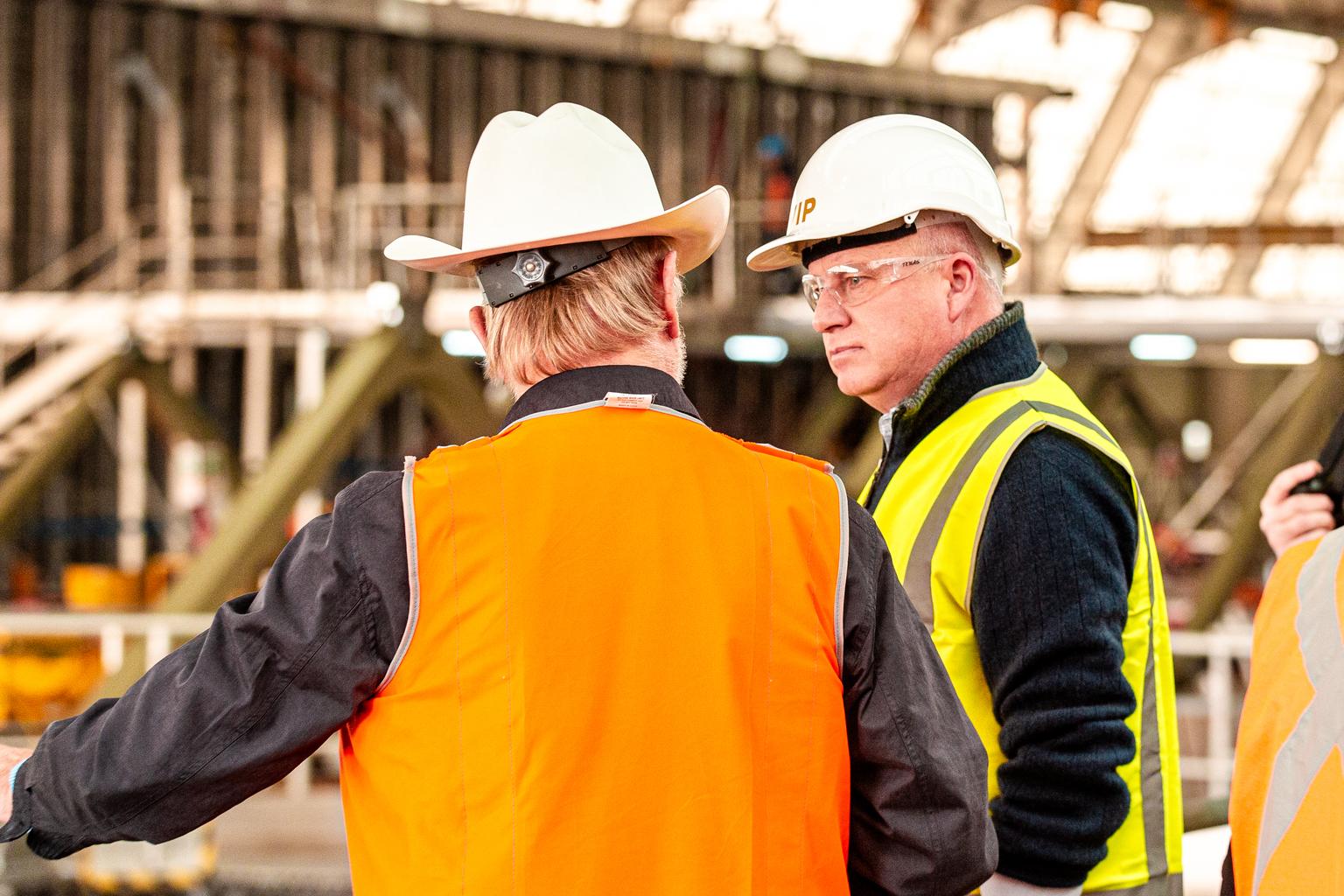
“Through hard work, determination, and ingenuity, Incat has built a globally significant battery-electric ship from their yard in Tasmania,” Rockliff said.
“Incat epitomises what it means to be Tasmanian as they quietly pursue the extraordinary, strengthen Tasmania’s brand on the global stage and continue to support Tasmanian jobs and our economy.”
Work will now continue on the vessel’s interior, including a 2,300 square metre duty-free retail deck, with final fit-out and sea trials scheduled for later this year.


